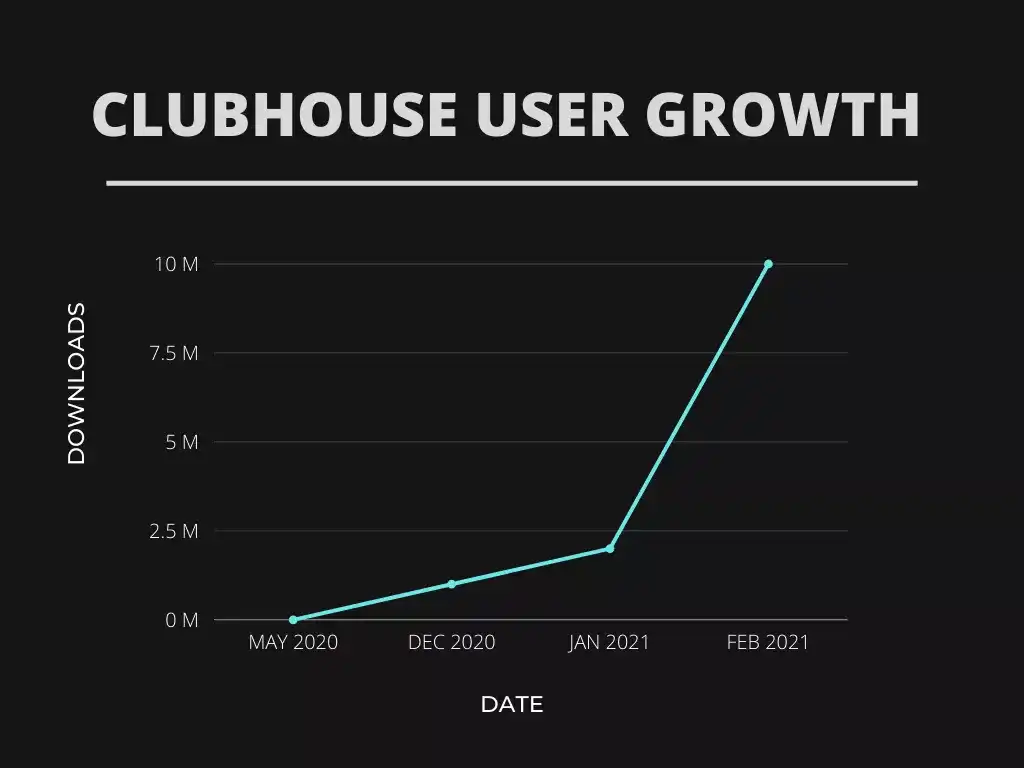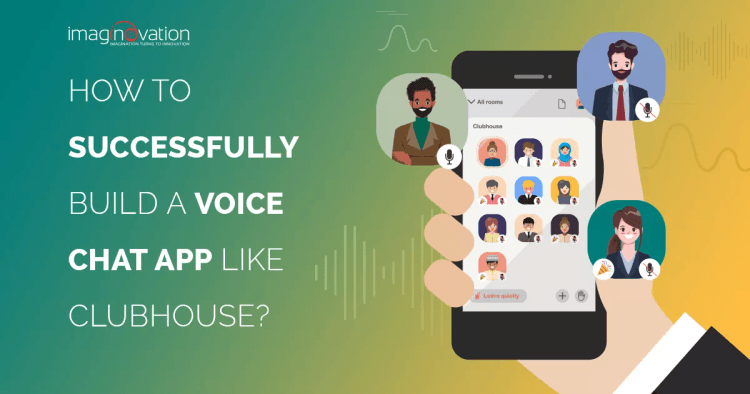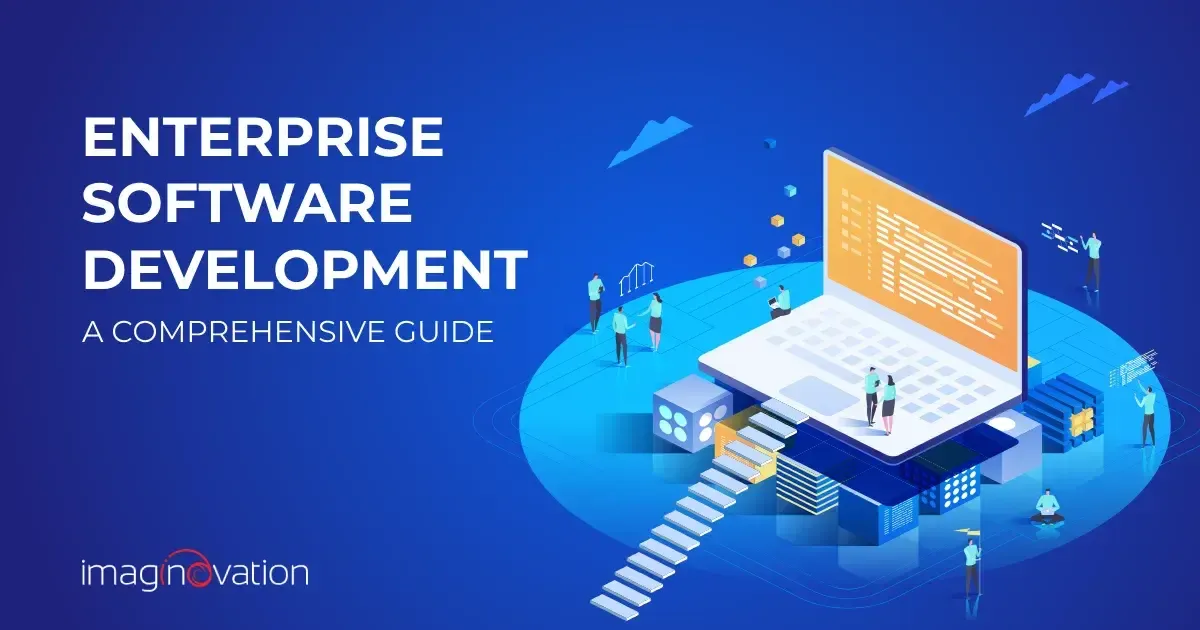To estimate the cost of building a website or an app, use our app cost calculator tool.
An app reaching stardom–a “celebrity status” is a dream-come-true for every appreneur. And, on top of that, if Silicon Valley goes crazy for your app, you sure have hit the jackpot.
Yes, we are talking about the latest sensation called “Clubhouse” – an invite-only-audio app that has reached adoring hype in the tech world.
With a fresh valuation of $100 million and a reported $12 million in funding from Andreessen Horowitz, there’s no stopping the app developed by Paul Davison and Rohan Seth.
The audio chat app has influential luminaries as talkers like Tesla founder Elon Musk, Facebook’s Mark Zuckerberg, Robinhood’s Vlad Tenev, and more. The tidal wave of press around the app peaked when Musk did an interview on Clubhouse with Robinhood CEO Vlad Tenev.
When it comes to users, they have plenty of chatrooms to choose from, on virtually any topic they can think of. There’s wealth management, foreign language practice, therapy, and everything else that has the making of mind-boggling conversation.
So, here’s the thing**–**how can one build an app like Clubhouse?
Keep reading to find out exciting facets of voice chat app development. We will also demystify how to build the Clubhouse app. Let’s dive in!
Did You Know These Facts About Clubhouse?
Let’s start with some interesting facts about the apps like Clubhouse.
- Clubhouse currently has 10 million users. Initially, in May 2020, the platform had around 1,500 users. Later, in January 2021, the platform had 2M users. The growth is whopping and heartening.

- Over 180 enterprises and venture capitalists have invested in Clubhouse [to date].
- With its $1 billion in valuation, Clubhouse has touched as a Unicorn startup, joining Airbnb and Uber’s ranks.
- The Clubhouse app has 2 million weekly active users.
So, how to build a successful voice-chat app like Clubhouse? Let’s see.
How to Build A Spontaneous Voice Chat App Like Clubhouse?
Here are some critical steps that will keep you on the right track when building an app like Clubhouse.
1. Research your app’s target market
A great app needs ideation based on well-grounded research. You wouldn’t want to clone an app like Clubhouse.
The novelty in your app will be an attractor to your potential users. So, when developing an intuitive voice chat app, always begin with researching the target audience. It helps to understand your potential users’ needs, tastes, and preferences.
You can consider researching:
Demographics: Analyze the average age of users, where they reside, the devices they prefer to use, and more.
Behavioral: Analyze your potential users’ security expectations and what decreases a user’s desire to download an app.
What can you do?
- Hold one-on-one interviews with potential users to collect valuable insights.
- Create proto personas based on your intuition and chart out customer journeys with every possible interaction.
Simply put, the best way to get your app right is to know your audience right.
2. Conduct market research
We talked of novelty. That’s right! It helps to pay attention to detail while conducting market research.
The opportunity is a brilliant stepping stone to know how the competitor’s apps work and what features appeal to the users. It also gives a glimpse into their strengths and weaknesses. What’s more? With the insights, you can build your app USP and work on developing a competitive edge.
What can you do?
- Consider checking out Google Trends. The tool is excellent for market research. With the tool, you can see the relative popularity of searches [in Google Search engine].
- Try another great tool: Google Keyword Planner. It’s used for search engine advertising and Search Engine Optimization (SEO), but it can help with valuable insights on what people search for and how many of them search for that.
- It is also pertinent to capture stories that people tell, their pain points [problems], and more.
3. Create an intuitive design
A voice chat app interface is relatively simple and does not require fancy visual design. However, does it mean that the design should look boring?
There are plenty of ways to pep up the design, and make it intuitive, look cool, beautiful, and creative.
What can you do?
- Strike a balance between visual appeal and functionality and work around building an app that is alluring to all targeted users.
- Simplify the interface so that operating it isn’t difficult. The key is to declutter and go minimalistic.
- The design world isn’t confined to visual only, and you can look at adopting voice UI (VUI), which is also one of the top development trends for 2021.
4. Choose a monetization model
The next stage is to choose the relevant monetization model for your voice chat app. It is easy to predict what your users will pay for. Based on the research insights, you can choose from monetization models, including:
- Paid: The model is straightforward, and users are expected to pay once to access your app.
- In-app purchases: Users can pay for various items and features with in-app purchases.
- Freemium: The model is great for users who want to download your app for free. Once they get hooked to your app’s features and functionalities, they would be willing to pay for upgrading their accounts or use premium features.
- Advertising: You may also consider choosing ad models, such as:
- Cost per mille**:** Charging advertisers for every 1,000 ad impressions in your app.
- Cost per click**:** Charging [advertisers] whenever a user interacts with their ads in your app.
- Cost per action**:** Here, you can charge advertisers only when users complete a target action, including installing an app or signing for a newsletter.
5. Hiring an app development team
It is apt to find a great development team that can translate your app and design vision to reality.
The first phase of development will pertain to business analysis, developing the requirement specification (including technical specification), estimating the development cost, and planning the app project.
It will help if you and your team, work on setting up an app development workflow for developing the spontaneous voice chat app. Plus, choose the main features for the app, and design the app concept.
Furthermore, the development team can create project milestones and work on the minimum viable product (MVP).
6. Building an MVP
We highly recommend launching a minimum viable product first. You may have a long list of features and functionalities to be added to your voice chat app.
It’s pretty logical to build the app with a few features to start. If you choose to include all its features, it could get costly and also delay the time-to-market.
Here’s when an MVP comes in handy.
You can build an MVP (aka working app) that consists of the essential features. You may face dilemmas in building an MVP in deciding which features are good-to-have. To resolve such predicaments, you can list specific opportunity statements and the related features in the product roadmap.
Now, you can choose to use the prioritization matrix to identify features that require low effort to deliver high impact when developing the app.
Next, you can launch an MVP, which allows the development team to fine-tune any glitches affecting the apps’ functionality, performance, and marketing appeal.
The MVP approach allows you to find out what users like and don’t like in your app. The feedback and insights can help to improve your app.
Check out some successful MVP examples in this blog.
7. Launching a marketing campaign
Your MVP is nearly developed and all-ready to be launched.
What’s next?
Ideally, you will want to get the word out before your app’s launch. Here’s where you can work on strategic marketing.
What can you do?
- Reach out to influential luminaries to try out the app and share their experiences with their followers.
- Consider getting featured in leading publications, which is great for exposure and also leads to attracting new users.
- Build a website and publish exciting blogs that could interest your target users.
- Try an email capture to collect a list of subscribers. You could also use the list to inform subscribers when you’re ready to launch the app.
- Remember to optimize your app listing on Apple and Google app stores for better visibility.
8. Collating and analyzing feedback
The MVP gets released! It’s good–as users will start trying out the MVP release.
Now, it’s time that your development and testing teams are on high alert, looking for potential issues and technical glitches to determine if the app is meeting its purpose.
Here is also a brilliant opportunity to collate feedback from users who have tried out the app.
What can you do?
- Try analytics, but also interview users for feedback on their experience in using the app.
- Analyze feedback to find out pain points, issues, and areas of improvement. Plus, capture delight points. The insights can help you when you work on the next release.
Achieving Success with an App like Clubhouse

Building an app like Clubhouse and achieving phenomenal success needs effort and core strategies.
As an appreneur, you can work out ways to increase app retention and engagement. It’s disheartening to grab the user’s attention but losing them just a few days after install.
With the average cost per install as $2.22 (on Android), and $1.64 (on iPhone), it can keep you on your toes to work on unengaged users who total up to a heavy expense.
Here are some strategies that can help you achieve success with your voice chat app.
1. Get the onboarding process right
The first connection of your potential users as they download your app is crucial. What you do to encourage users to accept push notifications can be critical.
Here’s why?
Braze (previously Appboy) observed that push notifications result in a 50% uplift in next-day retention. Plus, there’s a 71% uplift in two-month retention. Now, that’s huge! On the downside, nearly 41% of Android users and 60% of iOs opt-out of push notifications.
Now more than ever, appreneurs need to raise the bar for customer communication and changing user experiences across every touchpoint. Push notifications can become enmeshed into the fabric of your users’ lives.
What can you do?
- When it comes to push notifications, you can think of delivering personalization based on a user’s behavior, location, interests, and preferences.
- As more consumers share their personal data for a more personalized experience, it comes with certain caveats; there is an expectation that you are transparent and respect the right to users’ privacy and security.
As aptly reiterated by Airship Technology SVP Mike Herrick, the average user does not expect many push notifications post-download.
So, it would help to do A/B testing to see the impact of push notifications on engagement and user retention. Herrick adds that it can help to place more timely in-app messaging to influence your push notification strategy.
Bottom line: Push notifications are not one-size-fits-all.
2. Perfect crunching the numbers
Analytics can be a crucial facet for you as you work on strategies. Focusing on the actual numbers can help measure your success.
It helps to keep an eye on follower growth or decline, the number of click-throughs that your site is getting, page views, likes or shares, and impressions. It’s pretty simple; crunching the numbers can help you capitalize on success.
What can you do?
- It will help to use tools/software to track data. There are sites like bit.ly, Google Analytics, and Buffer that can allow you to see which content received the most clicks and shares.
3. Focus on a content strategy
Content is still the king. A successful campaign needs a lot of thought-and-effort. So, it is good to get a good content strategy in place.
Let’s take an example. Clubhouse’s content works on fear of missing out (FOMO). Here’s the thing, the conversations are live. Plus, they are not recorded for playback.
So, it’s simple. If an invited user is not in the room, then they miss what’s happening. Now, this presents a fantastic opportunity.
Opportunities to connect to your customers need more awareness. When you provide a lot of value, you make some great connections.
What can you do?
- Use your content calendar to identify the type of media you need to create for each channel, including images, blog posts, infographics, video, and long-form technical pieces.
- Work on a social media campaign that has a strategy in place for executing and distributing your content.
3. Use multi-channel onboarding campaigns
Push notifications are generally unpopular with users. A study recommends a multi-channel campaign, which can improve next-day retention by almost 80%. Now, that’s worth a thought.
A multi-channel approach also helps in increased awareness and casting the widest net to get maximum customer engagement. The approach gives rise to the potential to generate and capture data. Plus, you can improve the efficiency of your marketing campaigns.
5. Test and measure your SMM efforts
It is easy to find diverse developers. Some developers do not work on marketing and still get thousands of app downloads, whereas some spend a canonic 20% of the projected annual revenue on marketing and fail.
It is vital to develop a detailed content plan and monitor ad traffic. You can spend time analyzing the stats and see what works best for your app. Remember to make timely changes to your SM marketing strategy.
Moreover, don’t rely just on numbers and analytics. You’d love to interact with your audience directly. What’s more? It can help to reward dedicated followers with bonus points, extra storage, and free account upgrades. Collate data to test, measure, and adjust. Don’t forget to focus on user experience!
6. Don’t refrain from spending
A successful campaign can become more profitable with the use of cleverly targeted advertising. And, you don’t need a massive budget.
Most social media platforms offer targeted advertising, which allows you to reach the audience rapidly. So, if you wish to grow your channels quickly, you may choose to focus on paid advertising.
Wrapping Up
When a year-old startup touches over a $1 billion valuation, and many of Silicon Valley’s top honchos have spoken in Clubhouse calls, it has to catch an appreneur’s interest.
After all, who wouldn’t want luminaries such as Elon Musk, Mark Zuckerberg, and Oprah Winfrey as talkers on your voice chat app?
Still, at a beta stage, Clubhouse is compelling and refreshing. It’s no wonder that, as an appreneur, you’d want to learn from the success of the audio-chatting app.
The simple takeaway is to invest in the authenticity of developing an app and test the waters vigilantly to create a game-changing app. You can work on unique features and support professional development backed with core content marketing functions and strategies.
It’s only time you get your own magic recipe and phenomenal success!
Develop Mind-Blowing Voice Chat Apps with Imaginovation
Are you ready to develop some fantastic app ideas that are envisioned by offering high-quality services to users? If you want to curate innovative and novel apps, and don’t know where to begin, talk to us.
We are an award-winning web and mobile app development company in Raleigh with incredible experience helping businesses craft exciting app journeys.











